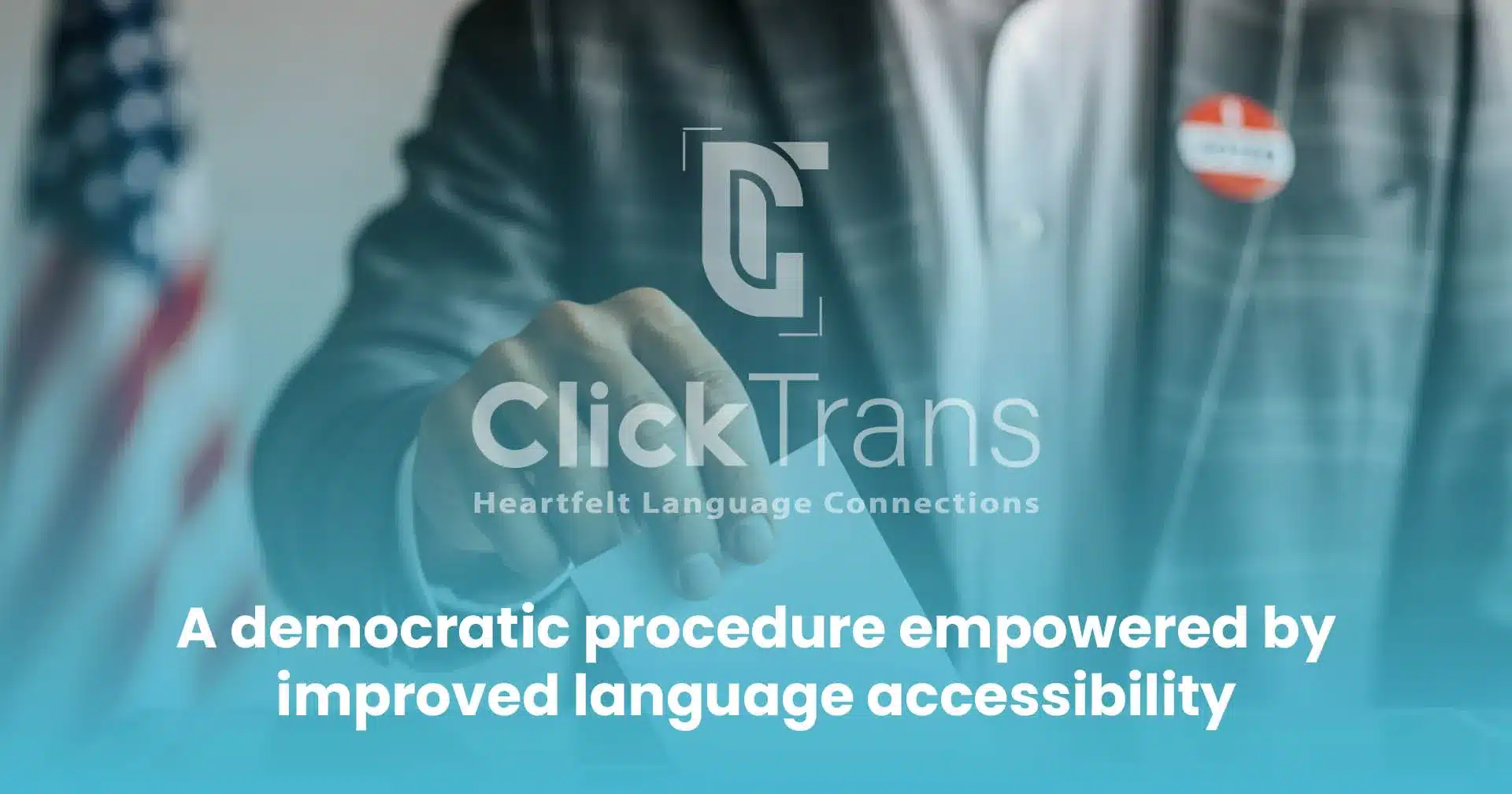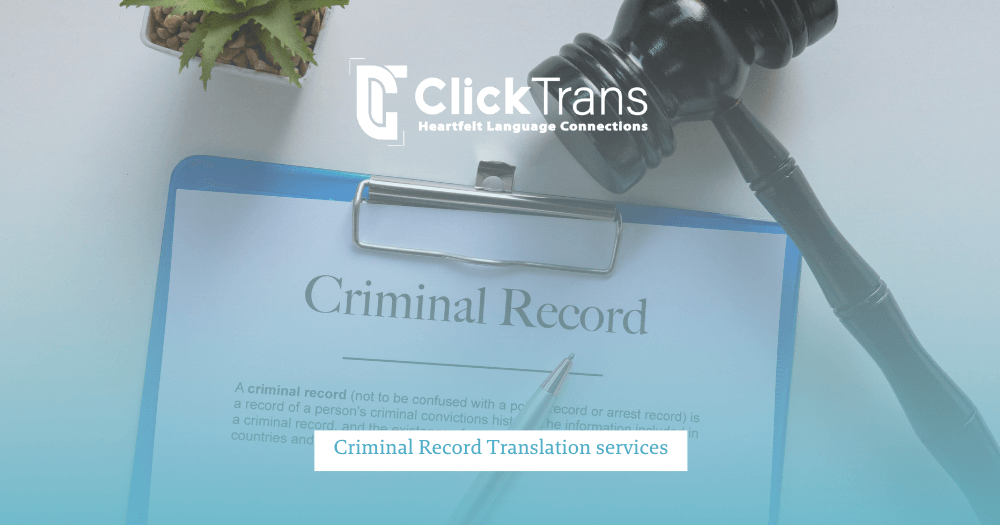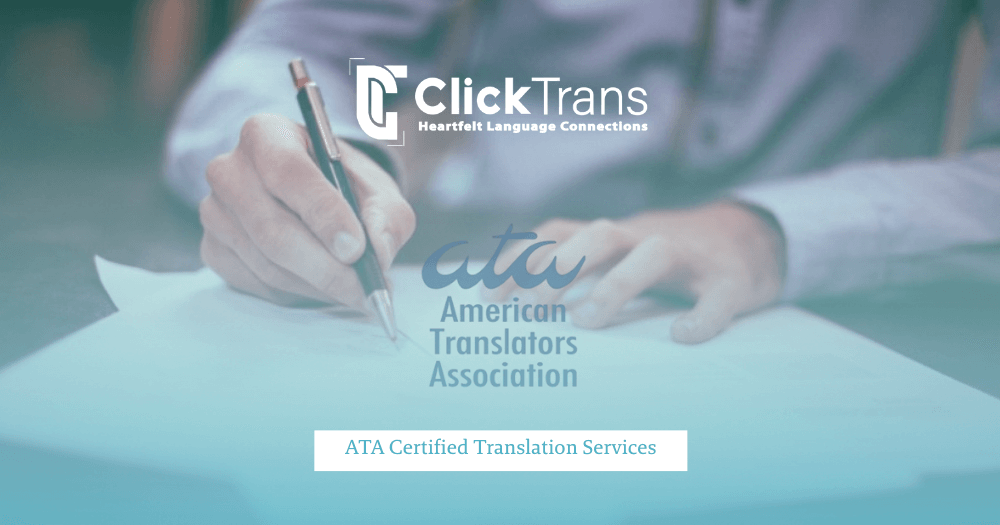Table of Contents
Language accessibility is crucial in diverse societies—especially during elections. In the U.S., Section 203 of the Voting Rights Act mandates translated voting materials for language minority groups to ensure equal participation. This guide explores Section 203 voting rights act translation requirements, how jurisdictions qualify, and best practices for achieving full legal compliance.
What Is Section 203 of the Voting Rights Act?
First and foremost, we need to address the elephant in the room. What is section 203?
Section 203 of the Voting Rights Act is a federal provision in the U.S. law. As per federal voting access rules, it mandates that some jurisdictions need to provide bilingual voting materials to help language minority groups have equal access to the electoral process.
So, in essence, it is a law that is based on its acknowledgement of the need for multilingual support.
What Are Section 203 Voting Rights Act Translation Requirements?
One might assume that such a vital law applies universally across all U.S. jurisdictions—especially given the country’s rich cultural and linguistic diversity.
However, Section 203 voting rights act translation requirements only apply when specific criteria are met.
A state or political subdivision is required to provide language assistance if:
- There is a single-language minority group with more than 10,000 voting-age U.S. citizens.
- That group makes up over 5% of the jurisdiction’s voting-age population and is considered limited-English proficient.
- The group’s illiteracy rate exceeds the national average.
According to the U.S. Department of Justice, covered jurisdictions must offer both written and oral translated election materials to ensure full participation for all voters.
Which Election Materials Must Be Translated?
To ensure that language minority voting rights are served, there is a number of election materials that a jurisdiction must take care of in terms of translation. This is a core part of ensuring language access in elections, which includes both written materials and oral assistance for voters with limited English proficiency.
These materials boast the following:
- Voting ballots
- Voter resignation forms and instructions
- Voting instructions
- Polling place signage
- Election-related notices and announcements
- Information pamphlets and brochures
- Official election websites and any digital material related to voting
- Outreach materials that educate voters about their rights and the voting process
In addition to that, on-site oral language assistance must be offered by eligible states through assigning bilingual workers to guide limited-English-proficiency voters.
Languages Commonly Covered by Section 203
Section 203 of the Voting Rights Act specifically focuses on communities of large numbers who have limited English proficiency. This means that only a number of languages will take precedence.
Such languages include the following:
- Spanish which is not surprising given the abundance in Hispanic citizens dispersed across many states and counties.
- Chinese whether Mandarin or Cantonese comes next in terms of significance and demand, especially in parts of New York City and San Francisco.
- Vietnamese language communities are common to be found in places such as Orange County, California, and parts of Texas.
- Korean speakers in Los Angeles and certain parts of New Jersey require voting materials in their first language to help them through the electoral process.
- Tagalog is especially needed in areas with growing Filipino communities, including parts of California and Nevada.
- Native American and Alaska Native languages which include Navajo, Apache, Yupik, and others, in rural areas in states like Arizona, New Mexico, and Alaska.
It should be noted that the list of required languages is updated every five years by the US government depending on population and language data.
How Jurisdictions Are Identified for Compliance
A jurisdiction that is eligible for election language compliance is determined based on a process conducted every five years by the U.S. Census Bureau.
The decision comes drawing on demographic data, primarily from the American Community Survey and other sources, whose role is to detect areas where language barriers prove problematic for citizens of eligible voting status.
Once a jurisdiction meets the criteria, it is obligated to provide translated election materials to satisfy Section 203 voting rights act translation requirements.
This ensures that all voters are on equal grounds and facilitates a more democratic election process.
Best Practices for Section 203 Compliance
To implement best practices that truly support language minority voting rights, jurisdictions must look beyond translation alone. Meeting Section 203 Voting Rights Act translation requirements isn’t just about ticking a legal box—it’s about providing real language access and inclusive communication.
A successful strategy is one that puts the community first—understanding their concerns, building trust, and creating an inclusive experience that encourages participation.
Here are a few key strategies to consider:
Partner with community organizations
Engaging directly with trusted groups allows you to better understand your target minority communities and tailor your services to meet their real needs.
Train bilingual poll workers
Having well-trained staff fluent in covered languages and familiar with election procedures is essential to providing on-the-ground support.
Work with a professional translation agency
Accuracy matters. Partner with experts who specialize in legal and electoral translation to ensure compliance and clarity.
Create clear feedback channels
Whether through surveys, community hotlines, or local meetings, hearing directly from voters helps you identify gaps and continuously improve.
Looking for accurate, certified, and fast translations?
Contact us today and request a free quote.
Conclusion
In an increasingly multicultural society, accessibility is no longer optional—it’s a legal and ethical necessity. At ClickTrans, we specialize in helping jurisdictions meet Section 203 voting rights act translation requirements with speed, accuracy, and cultural sensitivity.
Backed by experienced legal linguists and a commitment to compliance, we deliver high-quality translations at competitive rates—empowering every voice to be heard.
Ready to go global? Contact us now and ask for a free quote!
Frequently Asked Questions
Who determines which jurisdictions must comply with Section 203?
The decision is left to the U.S. Census Bureau, which makes this determination every five years based on updated data. If a jurisdiction meets the criteria, it must comply immediately to support language minority voting rights.
What happens if a jurisdiction fails to comply with federal voting access rules?
Non-compliance on the state’s part could lead to the interference of the U.S. Department of Justice and civil lawsuits may be brought by voters. Under such circumstances, courts may order corrective measures to protect voters’ rights.
Does Section 203 apply to early voting and mail-in ballots?
Absolutely. Section 203 applies to all forms of voting, including early voting, mail-in ballots, and in-person elections. All materials must be translated into the required languages. Learn more in our guide to election translation services.
Can a jurisdiction stop offering bilingual materials if demographics change?
Changes in demographic trends don’t affect a jurisdiction’s obligation to support language minority voting rights. This decision can only be made by the Census Bureau every five years.
Are there penalties for delivering inaccurate translations?
There are no specific penalties to list. However, it’s advisable that jurisdictions offer accurate translations. Otherwise, they may lead voters to confusion and subsequently meet legal challenges and lawsuits.








